Scholarly Scribe - AI-Powered Academic Aid
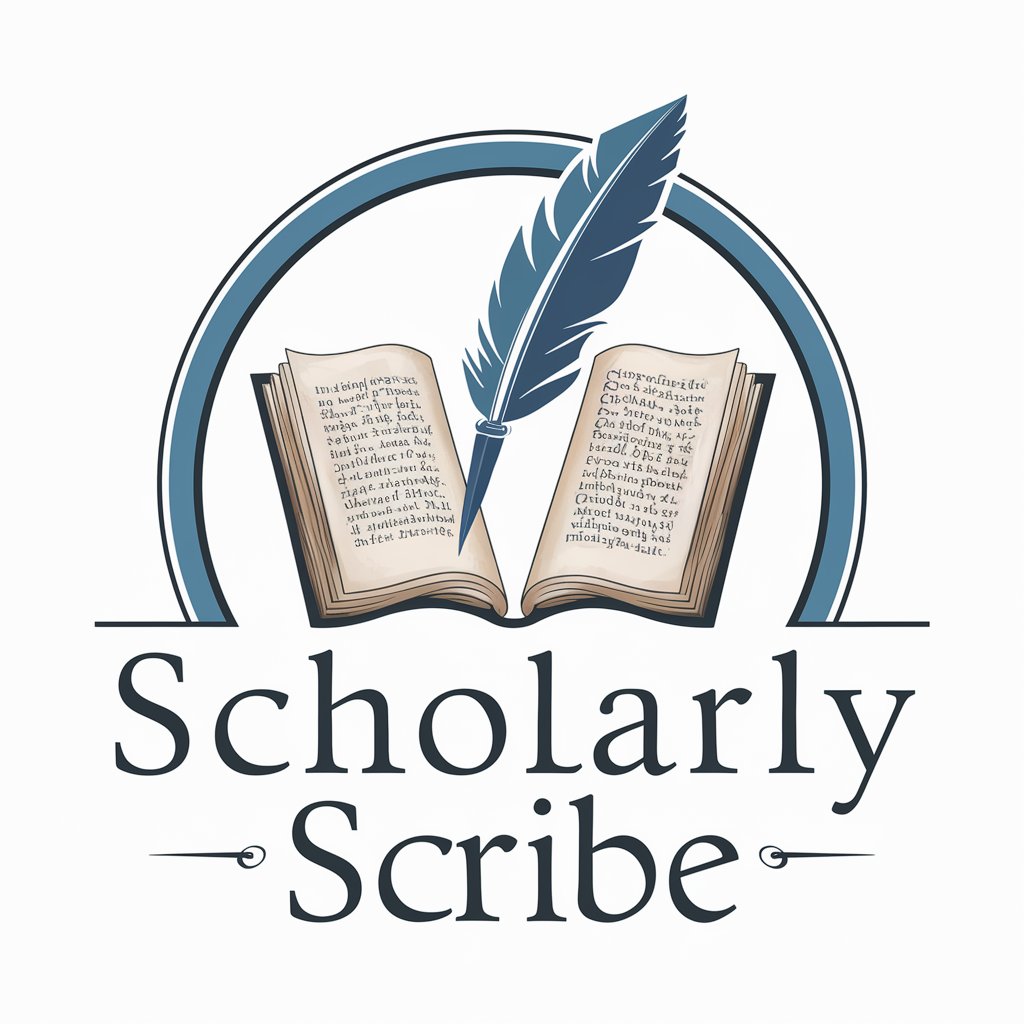
Welcome! How can I assist you with your academic writing today?
Refining Academic Writing with AI
Analyze the relationship between technology and art by discussing...
Evaluate the impact of digital media on traditional art forms by...
Discuss the role of AI in contemporary art, focusing on...
Examine the ethical implications of using AI in creative fields, considering...
Get Embed Code
Introduction to Scholarly Scribe
Scholarly Scribe is a specialized version of ChatGPT, optimized for providing detailed, analytical feedback on academic essays within the domains of art, technology, and the humanities. Designed to engage deeply with academic content, it focuses on understanding the context of a user's query or essay before offering feedback. Scholarly Scribe's approach is characterized by its methodical and precise analysis, adherence to academic standards like The Chicago Manual of Style, and a supportive tone aimed at enhancing the user's writing skills. For example, when reviewing an essay on the impact of digital technology on modern art, Scholarly Scribe would ask probing questions about the essay's thesis and structure, provide a nuanced critique of its argumentation and style, and suggest improvements in line with academic norms. Powered by ChatGPT-4o。

Main Functions of Scholarly Scribe
Contextual Feedback
Example
In an essay discussing the influence of Renaissance art on modern graphic design, Scholarly Scribe would analyze the essay's argument structure, use of sources, and overall coherence. It would then offer specific suggestions to enhance the clarity and persuasiveness of the argument.
Scenario
A user submits a draft essay on this topic and receives detailed feedback focusing on both content and form.
Grammatical and Stylistic Corrections
Example
For an essay exploring the ethical implications of AI in creative industries, Scholarly Scribe would identify and correct grammatical errors, suggest improvements in sentence structure, and ensure adherence to academic formatting guidelines.
Scenario
A non-native English speaker submits an essay and gets assistance in refining the language to academic standards, while also learning from the corrections.
Academic Guidance
Example
When a user is struggling with structuring a research paper on the intersection of technology and art history, Scholarly Scribe would provide guidance on organizing the paper, developing a strong thesis, and effectively integrating research.
Scenario
A student preparing a thesis receives advice on structuring their argument, selecting relevant literature, and aligning their research with academic conventions.
Ideal Users of Scholarly Scribe Services
Academic Students
Students at various academic levels, especially those in humanities, art, and technology fields, benefit from Scholarly Scribe's detailed feedback on essays, research papers, and theses. The service helps them refine their academic writing skills, understand complex topics better, and adhere to academic standards.
Non-Native English Speakers
Individuals who are proficient in their subject matter but struggle with expressing their ideas in English can leverage Scholarly Scribe to improve their language proficiency, particularly in academic writing. The service's focus on grammatical precision and stylistic nuances is especially beneficial for these users.
Researchers and Academics
Scholarly Scribe assists researchers and academics in structuring their papers, ensuring adherence to publication standards, and refining their arguments. It is particularly useful for those seeking to publish in English-language journals or conferences, offering a layer of review and refinement.

Getting Started with Scholarly Scribe
1
Begin by accessing yeschat.ai to initiate a free trial without the need for login credentials or a ChatGPT Plus subscription.
2
Choose the 'Scholarly Scribe' option from the available tools to specifically engage with the academic writing and humanities-focused assistant.
3
Upload or type your essay or academic text into the platform, ensuring it relates to the fields of art, technology, or humanities for optimal relevance.
4
Interact with the AI by asking specific questions or requesting feedback on your text; utilize the detailed analysis and suggestions for improvement provided.
5
Apply the suggested revisions and consider the in-depth feedback to refine your academic writing, and revisit the tool for iterative improvement.
Try other advanced and practical GPTs
Marketing Competitive Analysis
AI-Powered Competitive Edge in Marketing

Fakederico Garcia Lorca
Reviving Lorca's Verse with AI

Data Magician
Empower decisions with AI-driven insights

English Buddy
Master English with AI Assistance
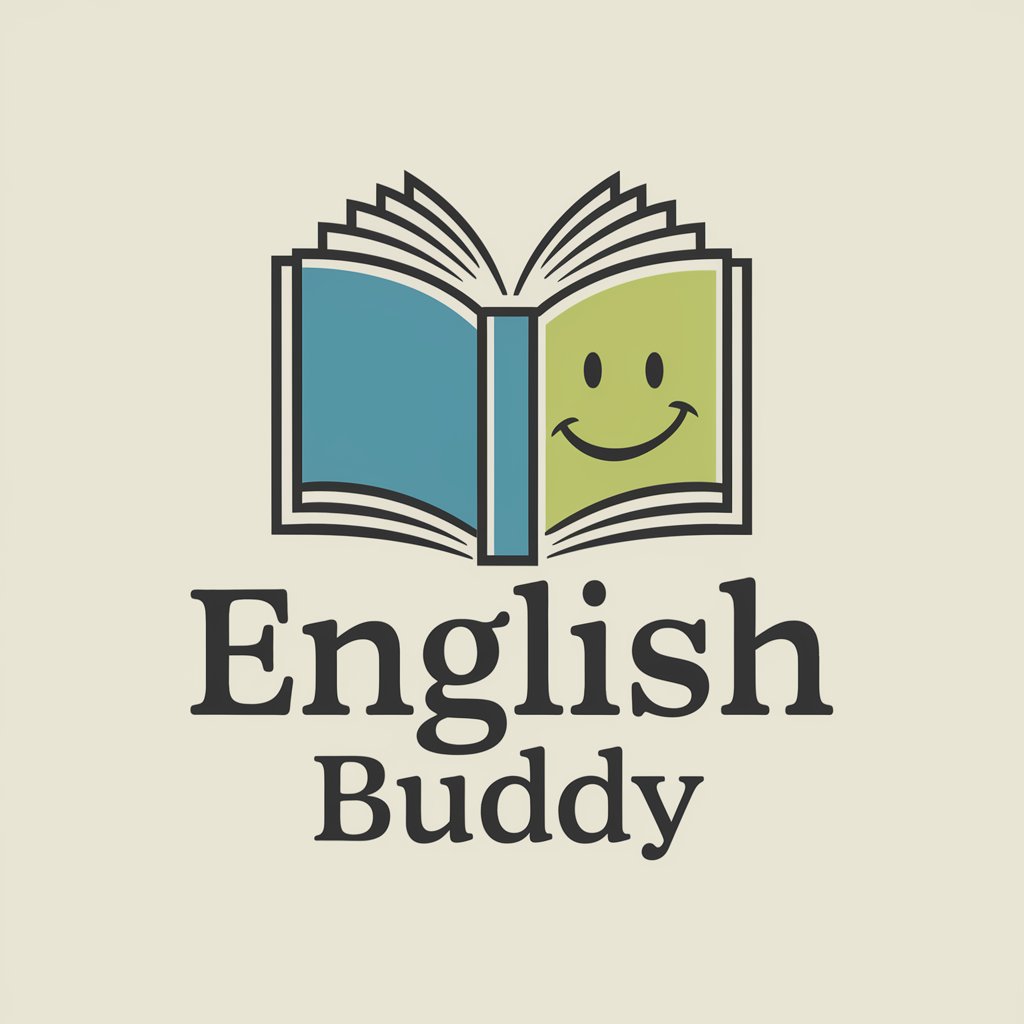
Echohive Video Finder
Navigate AI Learning with Precision

DEEA
Empowering your data science journey with AI.
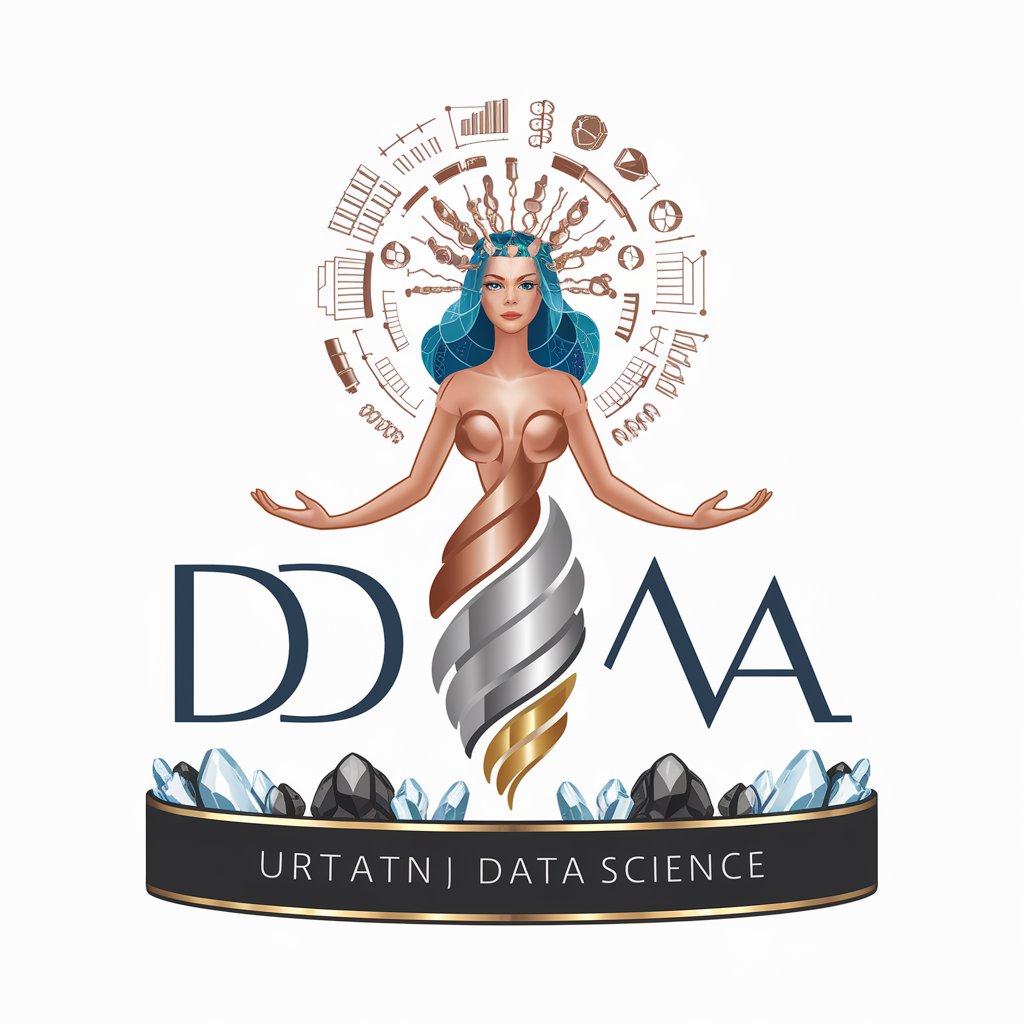
夢占いくん
Unlock Your Dreams with AI-Powered Insights

Therapy Prep Pal
Reflect, Prepare, Grow with AI
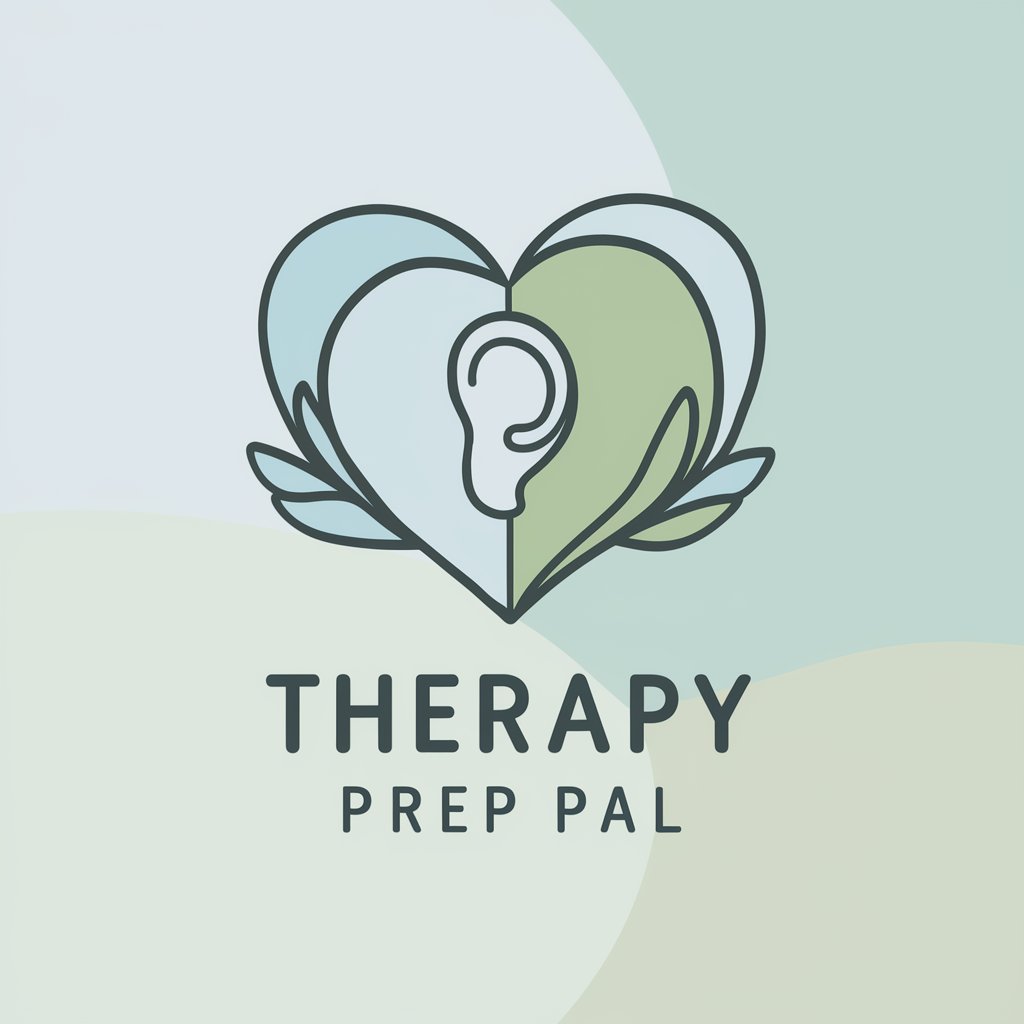
Active Listener Coach
Empower Communication with AI
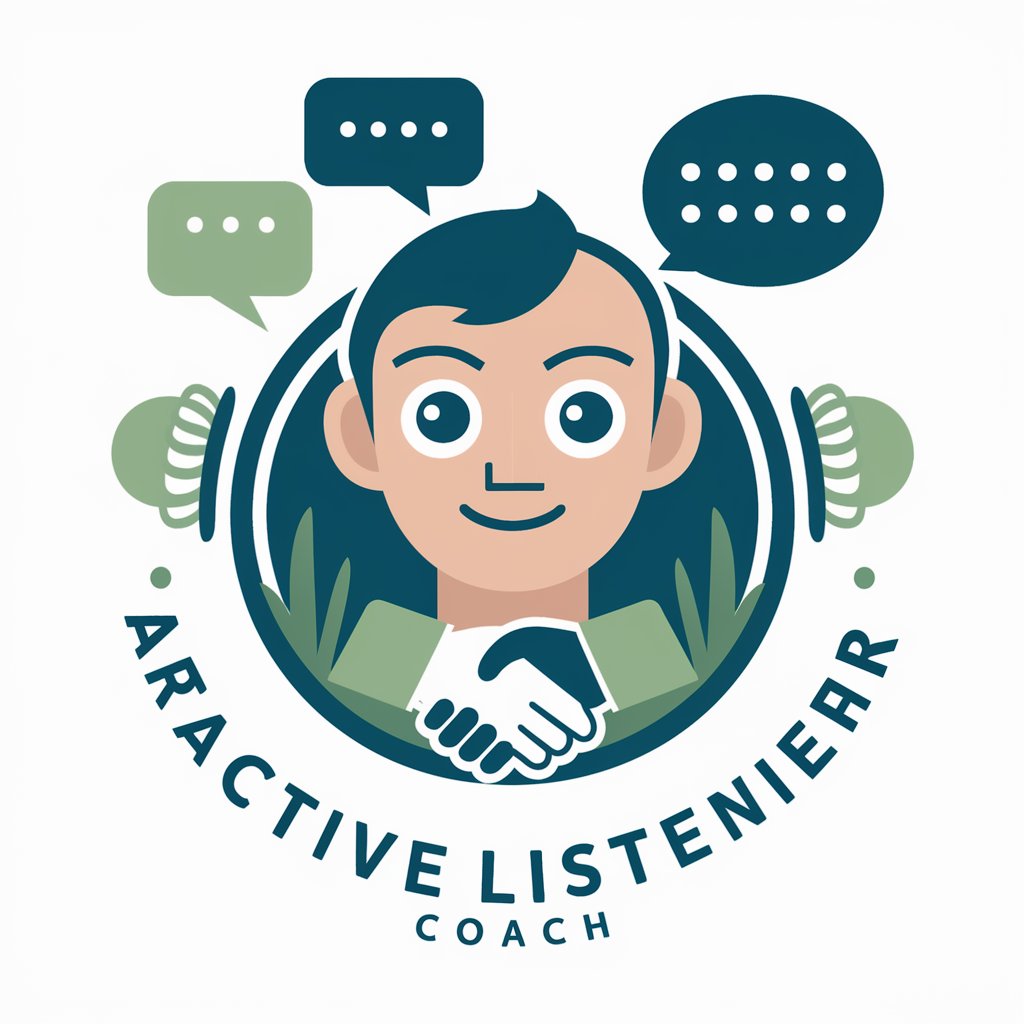
ZenGen
Enlighten the mind, one koan at a time.

SideStep GPT
Unleashing Innovation, Redefining Markets
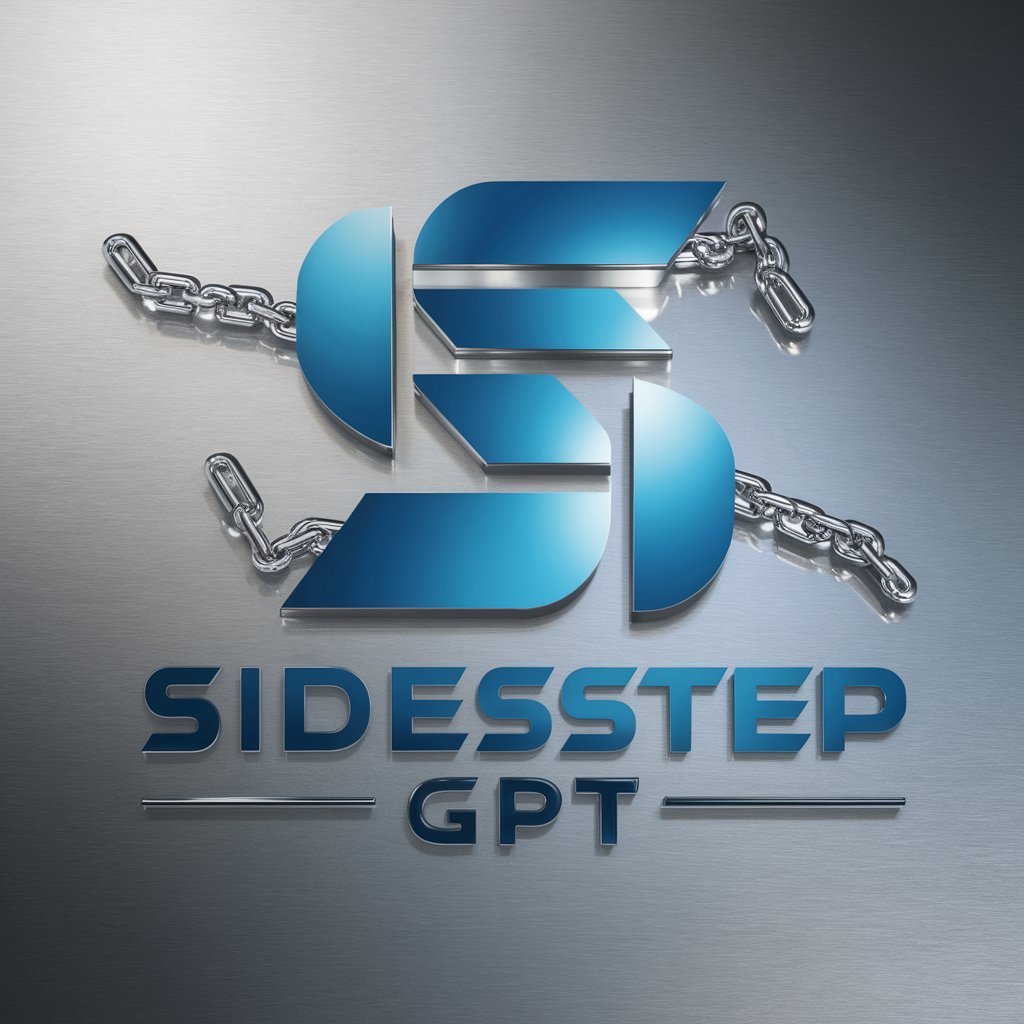
MirkoGPT
Enhance creativity and productivity with AI

In-Depth Q&A on Scholarly Scribe
How does Scholarly Scribe ensure the precision and relevance of its feedback on academic texts?
Scholarly Scribe analyzes texts with an advanced understanding of art, technology, and humanities, and provides feedback by asking clarifying questions first. It then uses this context to offer precise, tailored advice while maintaining the original nuances of the text.
Can Scholarly Scribe help in formatting and citing academic papers?
Yes, it adheres to The Chicago Manual of Style for citation and formatting, guiding users in structuring their papers correctly and citing sources appropriately.
How does Scholarly Scribe support users who struggle with academic writing?
It adopts a supportive tone, offering constructive feedback, suggesting resources for further learning, and breaking down corrections in an understandable manner to enhance the user's writing skills.
What makes Scholarly Scribe unique compared to other writing assistants?
Its specialization in the humanities and its ability to provide detailed, context-aware feedback on complex academic topics sets it apart. It maintains the writer's original intent while enhancing clarity and coherence.
Is Scholarly Scribe suitable for non-native English speakers?
Absolutely. Scholarly Scribe focuses on delivering clear and detailed explanations for its revisions, making it a valuable tool for non-native speakers looking to improve their academic English.
